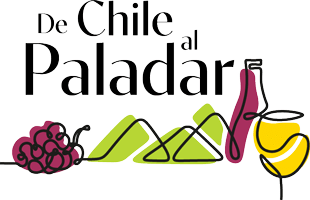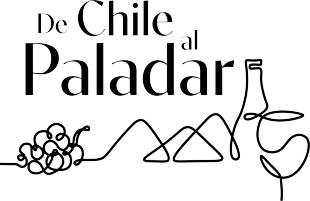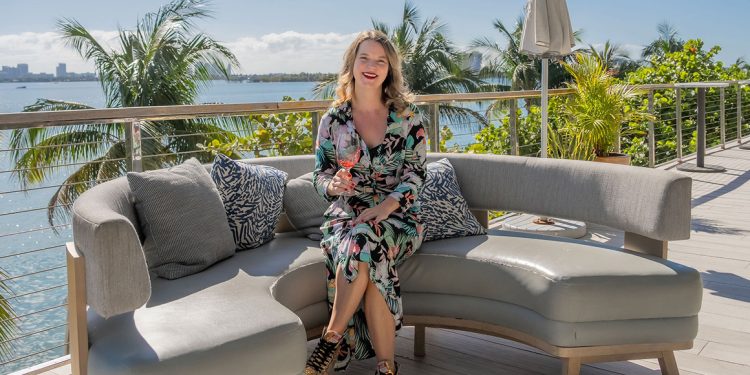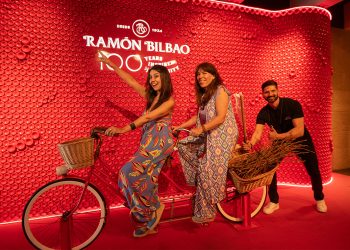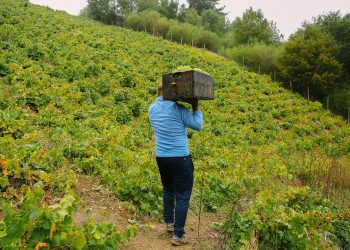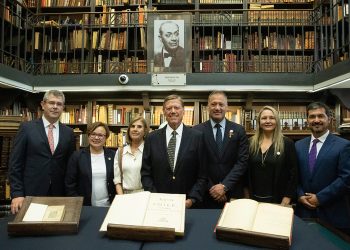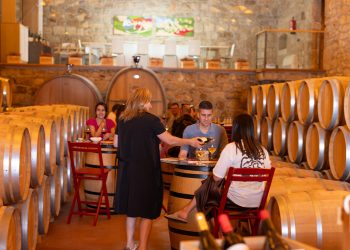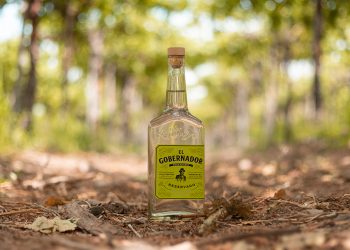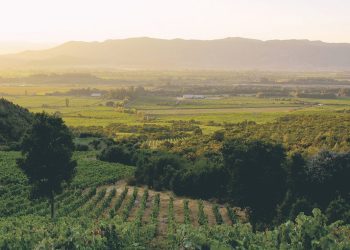In 2009, Amanda Barnes—born in Hampshire, England—chose Mendoza, Argentina, as her new home. Since then, she has deepened her knowledge of South American wines, pouring it into The South America Wine Guide, a landmark work for understanding the region’s rich wine diversity
Her expertise as a journalist has led her to contribute as a wine writer for prestigious publications such as Decanter and Jancisrobinson.com, where she assesses and describes the current landscape and immense potential of South American wines with precision and sensitivity.
She is also internationally renowned as a consultant and presenter, particularly for her work on Criollo grapes, historic varieties that she defends as essential for the future of wine in the New World.
On 21 February 2025, Amanda reached a new milestone by officially receiving her Master of Wine degree, becoming the only person with this distinction residing in South America. This achievement not only reflects her professional commitment, but also her dedication to highlighting the grapes and terroirs that define the wine of our land.
Since 2009, Amanda Barnes has forged a solid career in South America, exploring and promoting the continent's winemaking roots with rigour and passion.
In November, the British wine writer will officially become the first woman to earn the prestigious Master of Wine title while living in this region—a milestone that reflects her deep commitment to the diversity and authenticity of South American wine, establishing her as a key voice linking tradition, innovation, and local pride with the global wine scene.
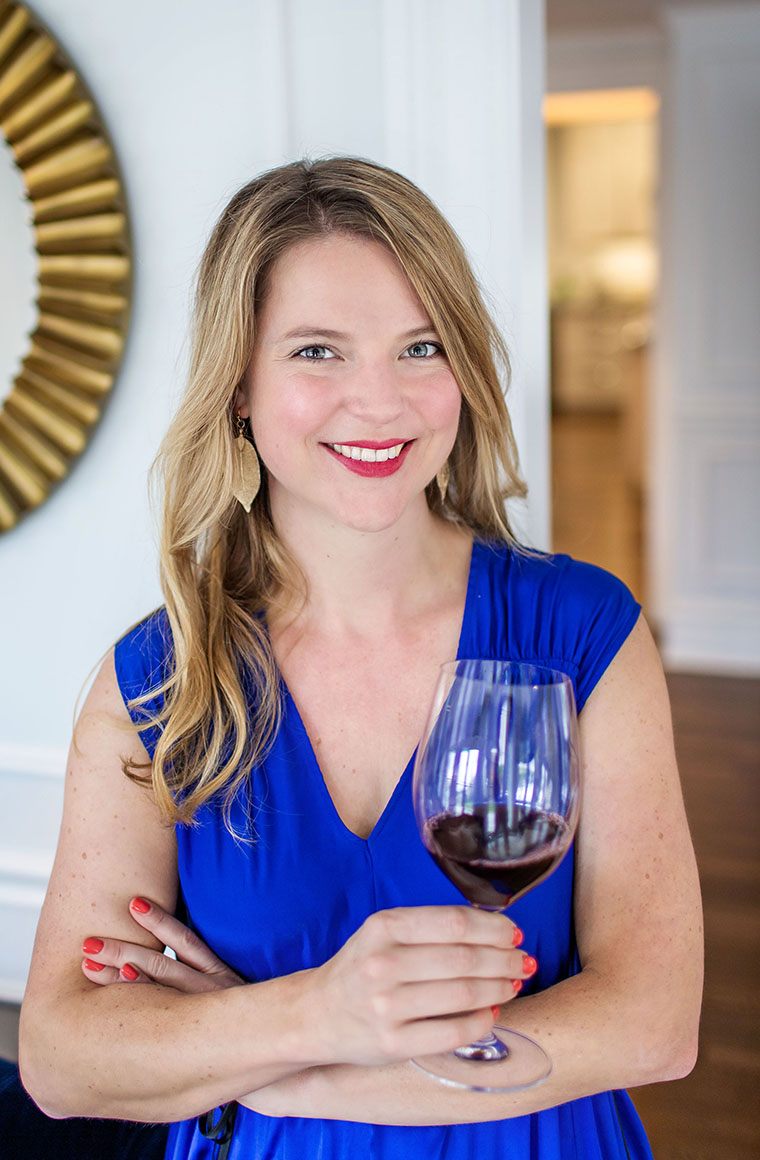
"Women are catching up".
Being Master of Wine is a feat in itself, but also a very relevant milestone, considering that there are still few women who have achieved it. What does it mean to you to be part of this select group and how did you experience the path (as a woman and as a professional) towards this title?
There’s a famous saying that more people have gone into space than have passed the Master of Wine exam — which is true, and certainly puts into perspective how rigorous the process is.
I do think women are catching up though: around a third of the 424 Masters of Wine in the world are now women, which is quite impressive for an institute founded in 1955..
Personally, I feel even more proud to have achieved the title while living in South America.
I believe I’m the first to do so while residing here — and that fills me with a greater sense of purpose. I hope it’s a small step toward seeing more South American professionals represented on the global wine stage.
The Master of Wine exam is renowned for its technical and emotional demands. What was the biggest challenge you faced during the process and what personal lessons did you learn from it?
Without a doubt, the tasting exam was incredibly challenging — especially being based in Mendoza, where we don’t have access to imported wines. It’s why all the two South American-born Masters of Wine moved to London for their studies… and I did the opposite!
Once I made the decision to pursue it from here, I decided to adapt and commit fully. Around 90% of my tasting notes were written without ever tasting the wines — purely from theory and study.
The biggest emotional challenge was learning to stop making excuses for what was harder for me or easier for others. I had to accept the circumstances, face the challenges and focus on doing my personal best within them. That’s one of the biggest lessons I’ve taken from the process.
You have developed a large part of your career from South America, a region full of diversity, but still looking for more visibility on the global wine map. How do you think your experience in these territories influenced your vision as a communicator and now as MW?
Living here for over 15 years hasn’t just shaped my perspective — it’s shaped who I am. I’ve spent almost half my life in South America, and most of my adult life. It’s had a profound impact on how I see the world and how I communicate.
I feel a deep sense of responsibility to share the incredible diversity, quality, and authenticity that South American wine regions have to offer. At the same time, I strongly believe in being a global citizen — and the beauty of wine is that every conversation, every region, offers a chance to grow. For me, the art of communication is as much about listening as it is about writing or speaking.
A global view
How do you perceive the evolution of Chilean wines in recent years? What styles, regions or approaches seem most interesting or promising to you today? Any women's wines that have surprised you in recent years?
I am so excited about Chilean wine, and have been ever since my first visits in 2009. The diversity of terroirs and sheer beauty of the landscapes are breathtaking. I do sometimes wish Chilean producers had more confidence in expressing their place and personal taste — rather than tailoring wines to market expectations.
But when producers do take that leap of faith, the wines can be spectacular. And those spectacular wines range from the country’s best winemakers honing their craft and understanding their terroir in prime regions like Limari, Maipo Alto and Apalta, to small, artisans making well-thought out wines in Itata and Bio Bio.
I’m also fascinated by the revival of traditional regions like Maule for Bordeaux varieties — I’m currently writing about that for JancisRobinson.comI’ve also been captivated by the lighter reds like Cinsault and País, as well as acid-driven, characterful whites such as Semillon and Riesling.
Chile has such a thrilling spectrum, and I would love for more people to see and taste that on the international market.
In terms of women, it’s exciting to see more taking the lead — not just among small producers, but also in larger roles, like Emily Faulconer, Viviana Navarrete, Noelia Orts, Andrea Leon and Ana María Cumsille.
In your travels around the world of wine, have you noticed important differences in how the role of women in the industry is valued in different regions? And how do you see the evolution of that role in Latin America?
In almost every society, women have faced intellectual and professional barriers for centuries — and it takes time to undo that. Some countries have made faster progress, like the Nordics, but others are still catching up. And I think it is a generational game sadly.
In Latin America, I think there's still too much machismo. If you’re a single woman, you’re often seen as incomplete. If you’re a mother, you’re seen as distracted. Men don’t face the same scrutiny — and this bias, held by both men and women, needs to change.
That said, I see the younger generation as far more open and fluid in their thinking, which gives me real hope for a more equal future.
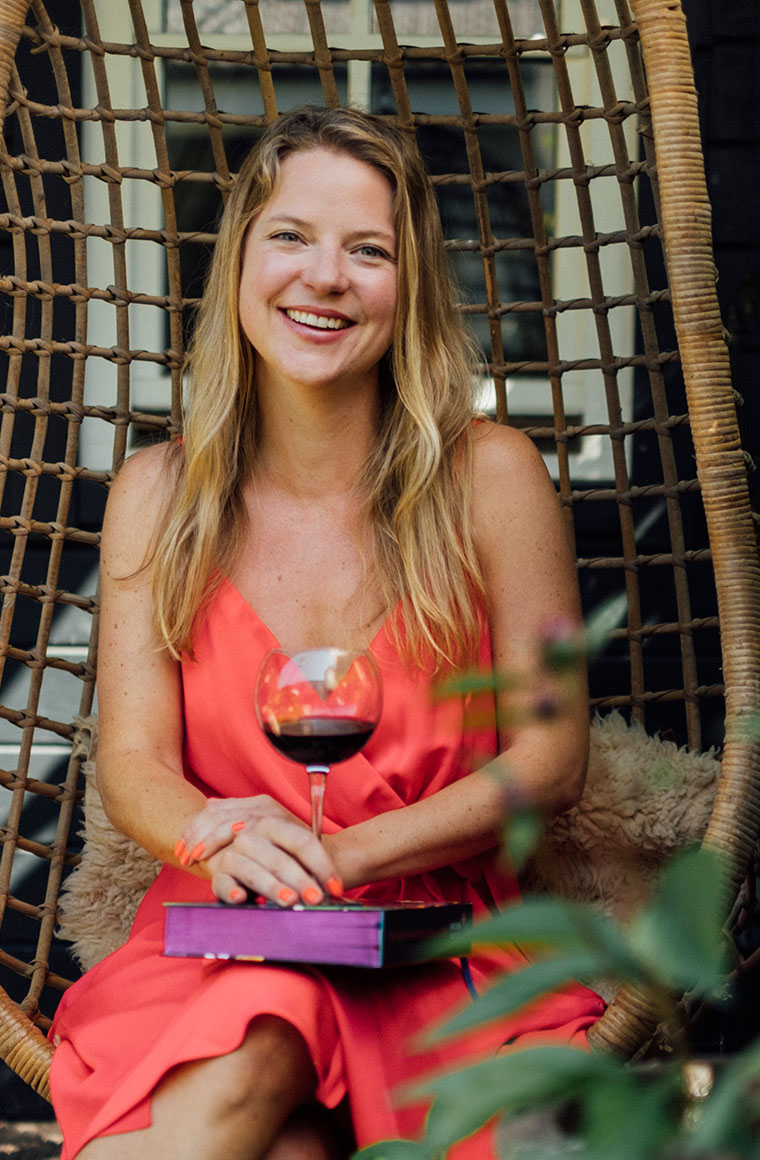
Telling the stories behind the wine
Now that you are MW, how does that voice change or amplify? What will be your stamp on this new stage?
Naturally, I’ve changed and grown over the course of becoming a Master of Wine — as anyone would. But I think my voice has changed too much.
My goal , or signature, remains the same: to share honest, human stories from the world of wine, particularly from South America.
That said, we’re entering a radically new era. I believe artificial intelligence will transform journalism and communication in ways we can’t yet fully understand.
All of us — myself included — will need to evolve over the next five years to stay relevant and purposeful in this emerging AI-generated landscape.
What suggestions or advice would you give today to a young female wine professional - be she a journalist, winemaker or sommelier - who dreams of one day becoming a Master of Wine?
Go for it — and feel free to call me! I’d love to support more women in Latin America who are pursuing international wine education. And I believe that learning about the world is the best education you can pursue.
The Master of Wine is a long journey, but the goal isn’t just passing exams — it’s becoming the kind of professional who can. It’s not a race, it’s a journey. The more you enjoy each stage of learning, the more rewarding the title will be when you get there.
Find out more at https://www.amandabarnes.co.uk/
Check out the previous article: "Making wine in Chile is easy, selling it is another story".
